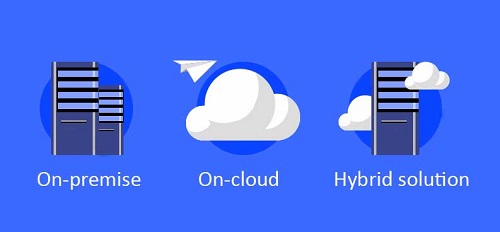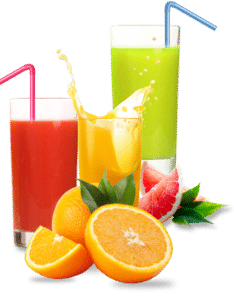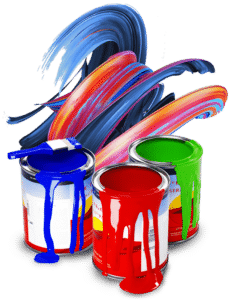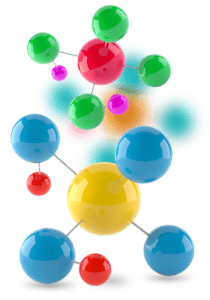What is Process Manufacturing?
Process manufacturing is a type of production method that produces finished goods by combining ingredients or raw materials using a specific formula or recipe, and under specific conditions of heat, and pressure. As a result, the process leads to thermal or chemical conversions. Therefore, a product manufactured through this process cannot be disassembled into its ingredients or raw materials.
Definition of Enterprise Resource Planning (ERP)
Examples of the type of industry segments that come under process manufacturing are:
Soft drink is one example of process manufacturing in the food and beverage industry. Key ingredients in soft drink making are water, sugar, essence, and carbon dioxide. The basic steps include:

Clarifying, filtering, sterilizing, dechlorinating the water

Mixing the ingredients

Carbonating the beverage
Once the carbonation is complete, the soft drink can be bottled; this end product cannot be broken down into its ingredients.

Types of process manufacturing
Production Line
Production line is a type of manufacturing process where the product is moved on the conveyor belt, manually by staff, or using forklift sequentially through a number of work centres performing different operations. This type of manufacturing is suitable for producing a large volume of a single product or group of products. For example, it may be used to manufacture a large number of plastic storage boxes, where the only difference between the models is the colour of plastic.
Continuous Flow
This type of manufacturing is similar to production line manufacturing except that the items to be manufactured cannot be removed from the production line and stored. Chemicals, pharmaceuticals, and plastics are usually some of the items that are manufactured using a continuous flow type of manufacturing.
Custom Manufacturing
Custom manufacturing involves productions of finished goods that can be modified as per the customers’ requirements. The customer manufacturing shop floor involves a number of workers, types of equipment, and dedicated areas like: welding area, lathe shop, paint spray area, and packaging area. This type of manufacturing may not be suitable for producing high volume products, but is perfect for customized products.
How Process Manufacturing is different from Discrete Manufacturing
| Discrete Manufacturing | Process Manufacturing Industries |
|---|---|
| Products are comprised of components that can be touched and counted. | Products are manufactured using formulas or recipes |
| Parts can be broken down & disposed off or recycled after production | Products cannot be broken down back into raw materials |
| Uses Bills-of-Material | Uses formulas or recipes |
| Assembles in a linear or routing way | Blends in a batch |
| Involves joining, attaching, fixing, assembling, etc. | Involves grinding, boiling, mixing, churning, etc. |
| Doesn’t involves the change of volume or density | Volume, density, mass, physical properties all get changed here |
Process manufacturing software
Because process manufacturing is unique and involves specialised activities, manufactures should make use of Enterprise Resource Planning (ERP) software that is specifically tailored for them to help them streamline their operations, assure quality, meet compliance, ensure consumers and workers’ safety, conduct R&D, and make timely deliveries.
One such specifically tailored ERP for process manufacturers is BatchMaster ERP. It is a true process-centric manufacturing ERP software that integrates, handles and keeps track of all your inventory, procurement, manufacturing, quality, compliance and distribution operations.

This ERP solution for process manufacturing has tight integration among modules, offers various dashboards, and has embedded Business Intelligence as well as CRM that timely caters to information needs of various managerial levels.
Leveraging the capabilities, the product is available as:





















